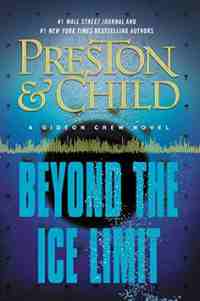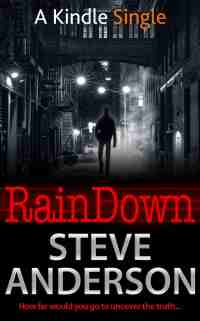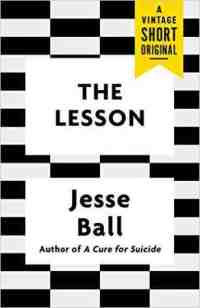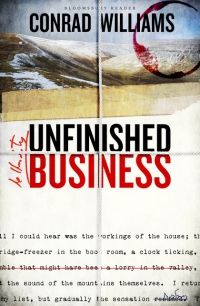The House of Daniel by Harry Turtledove
 Wednesday, May 25, 2016 at 8:57AM
Wednesday, May 25, 2016 at 8:57AM 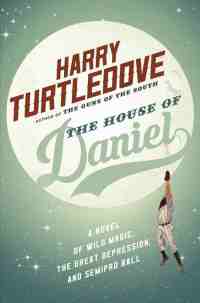
Published by Tor Books on April 19, 2016
The House of Daniel is a Depression-era semi-pro baseball novel. To fit it within the science fiction genre, Harry Turtledove added some zombies, vampires, werewolves, and wizards into the background. Bigfoot even shows up in the stands to watch a game. But those are just trappings, apparently meant to justify marketing a baseball novel as a science fiction novel. They have almost nothing to do with the story and make only occasional appearances. If you like baseball novels, you’ll probably like this one, but if you’re expecting the kind of alternate history that Turtledove usually produces, you might be disappointed.
Jack Spivey is looking for work in Oklahoma during the depression. Sometimes he does a job for Big Stu. Sometimes those jobs aren’t entirely legal. Spivey also plays semi-pro baseball, making the most of his limited talents. Not long into the novel, Spivey needs to get away from Big Stu and seizes an opportunity to make semi-pro baseball his full-time profession, traveling with a team called The House of Daniel.
As you’d expect from Turtledove, the era is portrayed in convincing detail. The freaky elements are also reasonably convincing. Zombies do manual labor. Nobody likes zombies because they take jobs away from living people, and it’s hard enough to find a job during the Depression. Wizards substitute for X-ray machines. Wizards also help gamblers with sports bets by putting a hex on the team that the gambler bets against. None of this is taken very seriously, including the flying saucers near Roswell, and other than a zombie riot in Denver that makes it difficult for the team to remain on schedule, none of it has much to do with the story.
Spivey is a likable guy who narrates the story in a folksy, semi-educated voice. He has a tendency toward redundancy (how many times does he need to tell us that he has a good glove but a weak bat?). More troubling is that Spivey is always saying things like “You think that bothered me? Oh, just a little” which is fine until it becomes wearing. After a couple of hundred pages, I was starting to hope that Spivey might get eaten by a zombie.
My growing irritation with the narrative voice notwithstanding, I enjoyed the story. It should appeal to people who like road novels (the House of Daniel is exclusively a road team) and historical novels that focus on the West and Southwest during the Depression. It will definitely appeal to hardcore baseball fans. It won’t appeal to science fiction fans who don’t enjoy anything other than traditional science fiction, or to zombie fans who don’t enjoy anything other than mayhem caused by the shambling undead. Fortunately, readers with such limited tastes can find plenty of other novels to enjoy.
RECOMMENDED
